Yoga has long been touted for its many health benefits. One study of 750 heart disease patients found that after six months of three hourly sessions of yoga, significant reductions in LDL cholesterol, triglycerides, total cholesterol, and waist circumference were found. And when yoga and exercise sessions were performed for six months, the effects were even greater (Tanwar et al., 2017).
Another study found that in a group of veterans (who had reported experiencing depression for an average of over 11 years) who completed nine weekly session of yoga of approximately 2.5 hours each, levels of depression, rumination, anxiety, stress, and worry were found to be lower – and remained lower when tested four months later – than before the yoga intervention (Vollbehr et al., 2017).
Yet another study done by researchers at Waterloo found that just practicing 25 minutes of Hatha yoga or mindfulness meditation per day boosted the brain’s executive functions, cognitive abilities linked to goal directed behavior, and the ability to control knee-jerk emotional reactions, habitual thinking patterns and actions (Luu & Hall, 2017).
For Timothy Mccall, who is both a Western trained physician and practicing yogi, and the author of Yoga as Medicine: The Yogic Prescription for Health and Healing, however, it is yoga’s prescriptive benefits that offer the most promise. He cites numerous conditions, such as chronic pain, multiple sclerosis, HIV/AIDS, depression, chronic fatigue, insomnia, and arthritis where well known experts like Rodney Yee, Patricia Walden, and John Friend have used yoga as a way to directly treat, and dramatically improve, numerous symptoms.
Defining yoga as “a systematic technology to improve the body, understand the mind, and free the spirit,” McCall offers what could truly be considered a paradigm shift in the world of western medicine – that yoga can be used as medicine itself. In his fascinating book, he offers a broad based guide for anyone looking to used yoga to improve symptoms related to specific conditions, as well as a review of the best practices, suggestions, and exercises physicians can use immediately to improve the health of their patients.
Professional Development Resources is a non-profit provider of online continuing education courses for healthcare professionals and is approved by the American Psychological Association (APA) to sponsor continuing education for psychologists. Professional Development Resources maintains responsibility for all programs and content. Professional Development Resources is also approved by the National Board of Certified Counselors (NBCC ACEP #5590); the Association of Social Work Boards (ASWB Provider #1046, ACE Program); the American Occupational Therapy Association (AOTA Provider #3159); the Commission on Dietetic Registration (CDR Provider #PR001); the Alabama State Board of Occupational Therapy; the Florida Boards of Social Work, Mental Health Counseling and Marriage and Family Therapy (#BAP346), Psychology & School Psychology (#50-1635), Dietetics & Nutrition (#50-1635), and Occupational Therapy Practice (#34); the Georgia State Board of Occupational Therapy; the New York State Education Department’s State Board for Mental Health Practitioners as an approved provider of continuing education for licensed mental health counselors (#MHC-0135); the Ohio Counselor, Social Worker & MFT Board (#RCST100501); the South Carolina Board of Professional Counselors & MFTs (#193); the Texas Board of Examiners of Marriage & Family Therapists (#114) and State Board of Social Worker Examiners (#5678); and is CE Broker compliant (all courses are reported within a few days of completion).
Enjoy 20% off all online continuing education (CE/CEU) courses @pdresources.org! Click here for details.


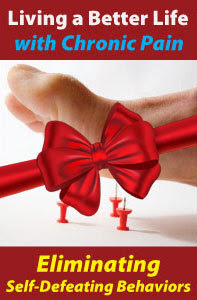





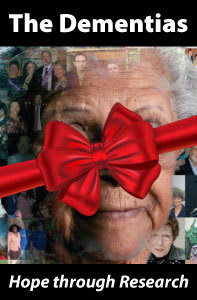
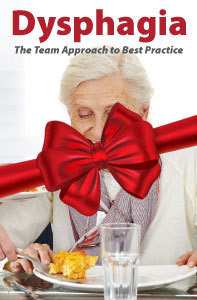





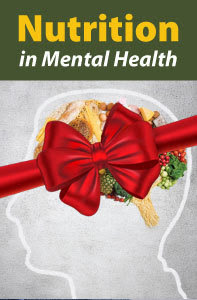

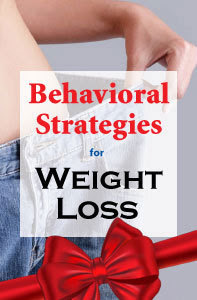


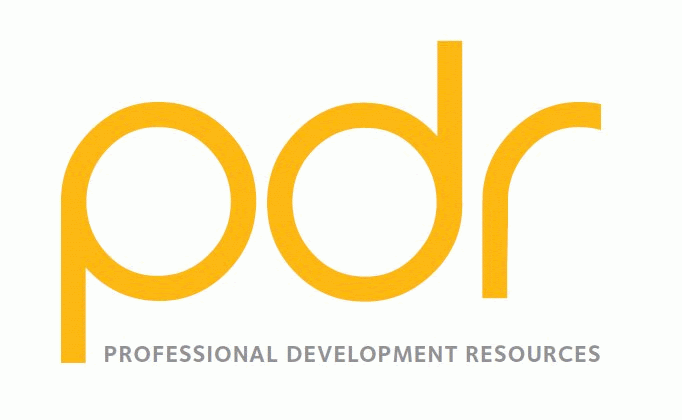

 When it comes to health in later life, researchers find laughter may really be the best medicine. A new study – led by Georgia State University – suggests combining laughter with moderate exercise may improve the mental health of older adults, as well as boost their motivation and ability to engage in physical activity.
When it comes to health in later life, researchers find laughter may really be the best medicine. A new study – led by Georgia State University – suggests combining laughter with moderate exercise may improve the mental health of older adults, as well as boost their motivation and ability to engage in physical activity.



















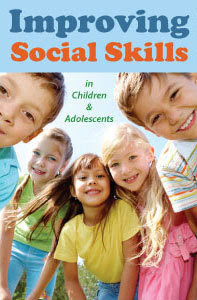

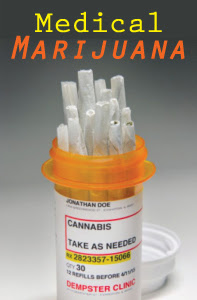

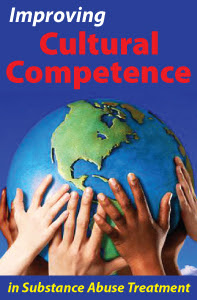





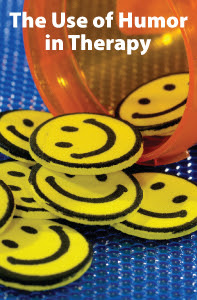
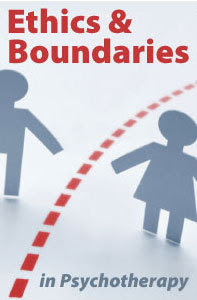

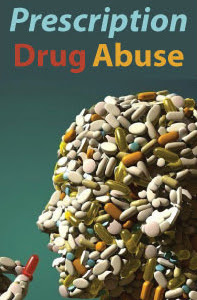
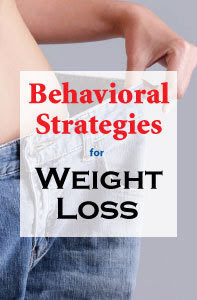

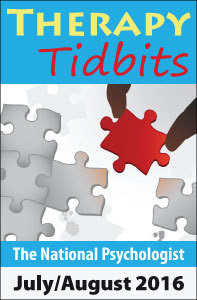

 Our increasing reliance on the Internet and the ease of access to the vast resource available online is affecting our thought processes for problem solving, recall and learning. In a new article, researchers have found that ‘cognitive offloading’, or the tendency to rely on things like the Internet as an aide-mémoire, increases after each use.
Our increasing reliance on the Internet and the ease of access to the vast resource available online is affecting our thought processes for problem solving, recall and learning. In a new article, researchers have found that ‘cognitive offloading’, or the tendency to rely on things like the Internet as an aide-mémoire, increases after each use.



 Pixar recently released an intriguing new movie this week that playfully follows an adolescent and her parents through the lens of their five personified emotions — fear, anger, joy sadness, disgust. The title Inside Out tells the whole story since this is how the happy mind evolves. The movie works because most Americans are aware of this challenging reality.
Pixar recently released an intriguing new movie this week that playfully follows an adolescent and her parents through the lens of their five personified emotions — fear, anger, joy sadness, disgust. The title Inside Out tells the whole story since this is how the happy mind evolves. The movie works because most Americans are aware of this challenging reality. Having both parents and grandparents with major depressive disorder (MDD) was associated with higher risk of MDD for grandchildren, which could help identify those who may benefit from early intervention, according to a study.
Having both parents and grandparents with major depressive disorder (MDD) was associated with higher risk of MDD for grandchildren, which could help identify those who may benefit from early intervention, according to a study.







 Yi-Yuan Tang, the presidential endowed chair in neuroscience and a professor in the Department of Psychological Sciences, has developed a novel method of mindfulness meditation called Integrative Body-Mind Training (IBMT).
Yi-Yuan Tang, the presidential endowed chair in neuroscience and a professor in the Department of Psychological Sciences, has developed a novel method of mindfulness meditation called Integrative Body-Mind Training (IBMT).